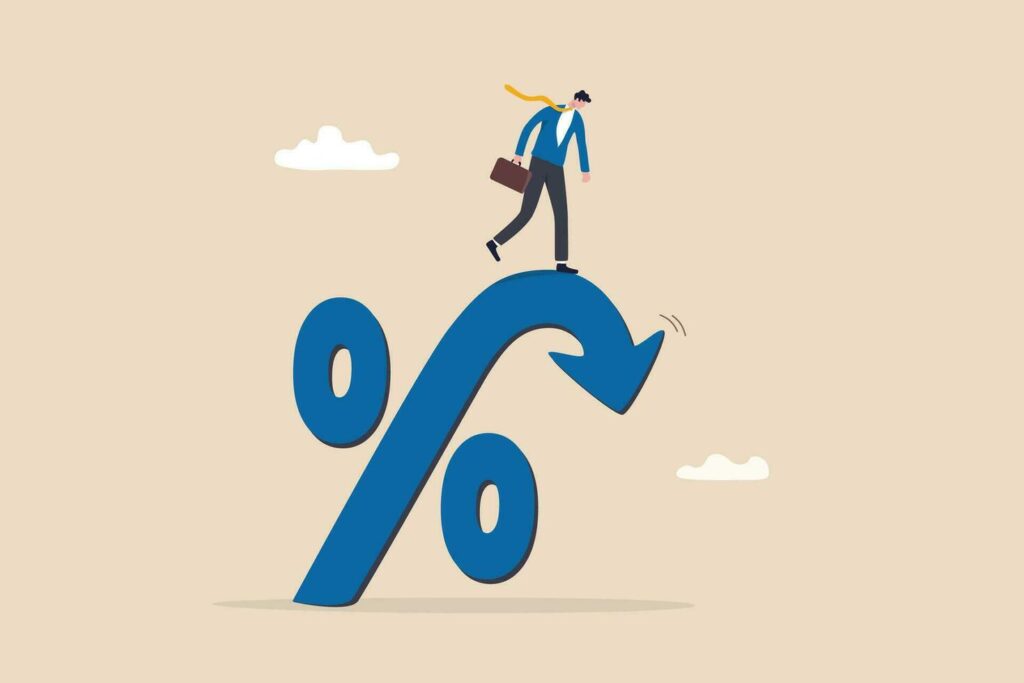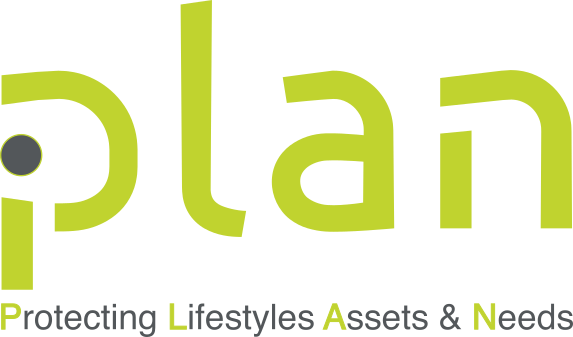
Inflation and rising interest rates are two significant economic factors that can profoundly impact small business owners. Understanding these dynamics and their effects is crucial for maintaining financial stability and growth. Here’s a comprehensive look at how inflation and rising interest rates can affect small businesses and strategies to manage these challenges [1].
Understanding Inflation
Inflation refers to the progressive increase in the prices of goods and services over time. As inflation rises, the purchasing power of money decreases, meaning that each dollar buys less than it did before. Currently, inflation is a top concern for 58% of small business owners.
Impact of Inflation on Small Businesses
- Higher Costs: Inflation leads to increased costs for supplies, services, and raw materials. This can squeeze profit margins and make it challenging to maintain profitability [1].
- Rising Prices: To counteract higher costs, many small businesses raise their prices. However, this can risk losing customers who may not be willing to pay more [1].
- Reduced Purchasing Power: As inflation erodes the value of money, small business owners may find it harder to invest in growth opportunities or maintain their current level of operations [1].
- Tighter Profit Margins: With higher costs and potentially lower sales, profit margins can become tighter, making it harder to sustain the business [1].
Understanding Rising Interest Rates
Interest rates are the cost of borrowing money, typically set by central banks like the Federal Reserve. In 2025, the Federal Reserve implemented several measures to manage inflation and stabilize the economy. These include maintaining the interest rate on reserve balances at 4.4%, conducting open market operations to keep the federal funds rate within the 4.25-4.5% range, setting caps on the reinvestment of principal payments from Treasury securities and agency mortgage-backed securities, and closely monitoring economic indicators such as inflation rates, employment data, and GDP growth to guide future monetary policy decisions [2]. Rising interest rates can have several effects on small businesses:
Impact of Rising Interest Rates on Small Businesses
- Increased Borrowing Costs: Higher interest rates mean higher costs for loans and lines of credit. This can deter small business owners from taking out loans for expansion or operational needs [3].
- Reduced Cash Flow: As borrowing costs rise, small businesses may have less cash available for day-to-day operations and investments. This can lead to tighter budgets and reduced spending power [3].
- Slower Growth: With higher borrowing costs, small businesses may scale back their growth plans. This can limit their ability to expand, hire new employees, or invest in new products and services [3].
- Debt Management Challenges: Rising interest rates can make it more difficult to manage existing debt, as higher interest payments consume more of the business’s revenue [3].
Strategies to Manage Inflation and Rising Interest Rates
- Optimize Cash Flow: Regularly review and adjust your cash flow management strategies to ensure you have enough liquidity to cover rising costs and interest payments.
- Diversify Revenue Streams: Explore new revenue streams to mitigate the impact of inflation and interest rate hikes. This can include expanding your product line or entering new markets.
- Negotiate with Suppliers: Work with suppliers to negotiate better terms and prices. Building strong relationships can help secure more favorable deals.
- Monitor Expenses: Keep a close eye on your expenses and look for areas where you can cut costs without compromising quality or service.
- Invest in Efficiency: Invest in technologies and processes that improve efficiency and reduce operational costs. This can help offset the impact of rising prices and interest rates.
- Seek Professional Advice: Consult with financial advisors to develop strategies tailored to your business’s specific needs and circumstances.
Conclusion
Inflation and rising interest rates present significant challenges for small business owners. By understanding these economic factors and implementing effective strategies, small businesses can navigate these challenges and continue to thrive. Staying informed and proactive is key to maintaining financial health and achieving long-term success.
References:
[1] Federal Reserve Board – 2025 Press Releases
[2] 3 Takeaways For Small Business From The Fed’s Interest Rate Decision
[3] Federal Reserve Board – Implementation Note issued March 19, 2025











